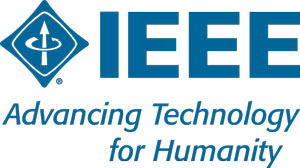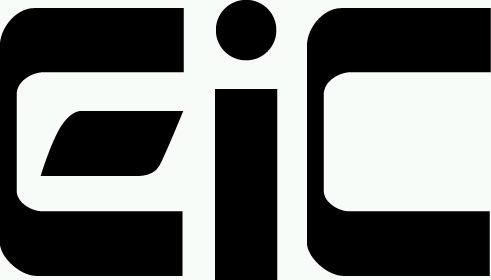|
|
Keynote Speeches
In IWSDA'17, we have 4 keynote speakers.
- Aperiodic sequence design and McEliece's open problem
Prof. Wai Ho Mow (Hong Kong University of Science and Technology)
9:20-10:20, Monday, Sept. 25
Abstract In real-world applications such as channel sounding, spread spectrum communications and radars, the aperiodic
correlation properties of sequences are often more relevant than their periodic counterparts. One of the fundamental
problems in aperiodic sequence design is to determine, under a given alphabet constraint, the smallest maximum nontrivial
correlation c_{K}(L) over all possible sets of K sequences of length L. McEliece's open problem on minimax aperiodic
correlation can be stated as follows: For any fixed number of sequences of length L, what is the order of the smallest
maximum nontrivial correlation in terms of L? In 1980, McEliece investigated the problem of determining the order of
c_{K}(L) in terms of L for K being a constant, and proved that for binary sequences, c_{K}(L) = O(L^{0.5}logL). On the other
hand, the famous Welch lower bound implies that c_{K}(L) = Ω(L^{0.5}). This leaves a log(L)-gap and the problem for binary
sequences remains open to date, in spite of some subsequent advances obtained by Barg, Litsyn, Tietavainen, and others.
In 1993, based on Van der Corput's analytic exponential sum method, I settled the problem for equi-energy sequences by
proving that the order of c_{K}(L) is exactly O(L^{0.5}). The constructive proof involves an equi-energy sequence construction
that specializes to a pair of polyphase sequences and hence the problem for polyphase sequences was also settled for
K = 2. In fact, by extending Lehmers' incomplete Gauss sum method, tight upper bounds on c_{2}(L) for polyphase
sequences can be found. In this talk, a revisit of known results on McEliece's problem and some recent advances on the
open cases will be presented. Appropriate emphasis will be placed on the methods of analytic exponential sums, which
have been under-investigated in aperiodic sequence design.
- StarBED The Emulator - From ICT into IoT -
Prof. Yoichi Shinoda (Japan Advanced Institute of Science and Technology)
9:20-10:20, Wednesday, Sept. 27
- From Signals, through Words, to Safe Behavior - Value Alignment by Human Experience Analysis
Prof. Rafal Rzepka (Hokkaido University)
9:20-10:20, Thursday, Sept. 28
Abstract Safety of artificial agents has recently become a popular topic in mass media and more serious scientific writing.
However, there is almost no empirical research on concrete solutions for the machine ethics field. In my talk I will
introduce my Wisdom of Crowds-based method I have been developing for the last 15 years. It utilizes natural languages
as an adhesive layer between the real world, perception and abstract thinking which often does not have to be learned from
scratch because of the knowledge inherited from our ancestors. I will show how accumulated textual big data can help
robots understand users' needs and their own capabilities just by automatic analysis of descriptions of the human world
and the consequences of various behaviors. The preliminary trials with aligning machine and human values show that
my system reached almost 87% agreement with human judges while evaluating moral and immoral acts. The talk will be
concluded with a discussion on how progress in pattern matching methods like deep learning is helpful with filling gaps
of processing mere text and how story-oriented ontologies under current development and progress in machine translation
might be a way to complicated context judgements surpassing human evaluation capabilities.
- Novel FFT over Binary Finite Fields and Its Application to Reed-Solomon Erasure Codes
Prof. Yunghsiang S. Han (Dongguan University of Technology)
13:40-14:20, Thursday, Sept. 28
|
IWSDA'17 is planned to be supported by the following technical sponsors (pending approval). IEEE (USA), IEEE Sapporo Section (Japan), Engineering Sciences
Society of IEICE (Japan), Hokkaido University (Japan), National Institute of Technology, Tokyo College (Japan), Yamaguchi University (Japan), Southwest Jiaotong University (China),
the Murata Science Foundation.
|


